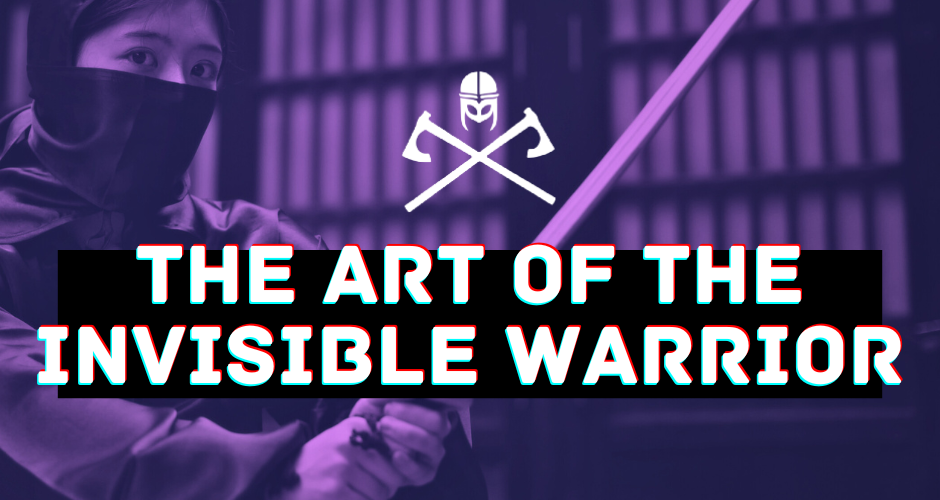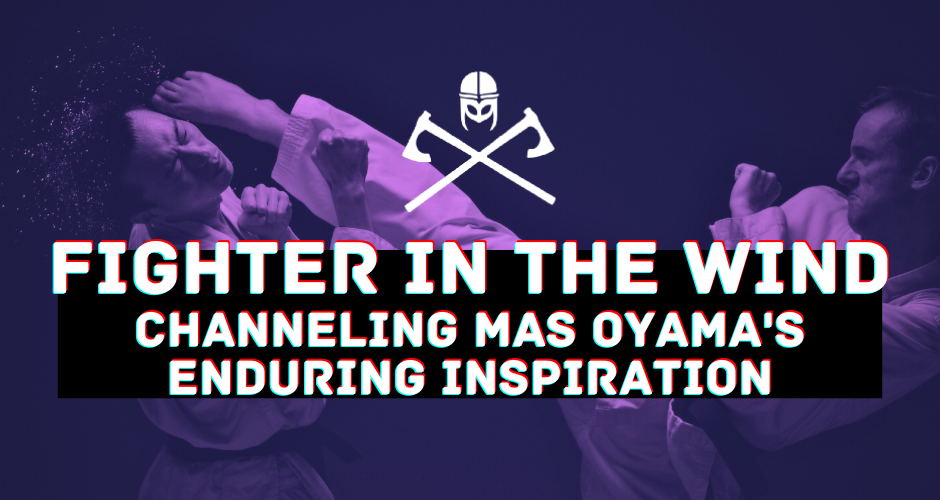
by Gene Crawford | Mar 3, 2025 | Podcast
Unlock the power of Uketamo and transform your approach to life and martial arts. This episode explores the intersection of ancient Japanese philosophy and modern resilience-building techniques, revealing how radical acceptance can turn pain and failure into growth. Inspired by Yamabushi monks and the stoic mindset of “embracing the suck” used by Navy SEALs, we discuss how embracing discomfort with gratitude enhances adaptability and strength. Whether you’re a martial artist, coach, or navigating life’s challenges, Uketamo offers a path to composure and learning from setbacks. Share your thoughts, subscribe, and help us build a community rooted in strength and discipline.
(more…)

by Gene Crawford | Feb 24, 2025 | Podcast
Can the ancient art of ninjutsu unlock modern-day success? Let’s explore how this stealthy discipline offers powerful lessons in mindfulness, adaptability, and resilience. Inspired by Stephen K. Hayes’s Ninjutsu: The Art of the Invisible Warrior, we uncover how its timeless principles transcend combat, shaping leadership, strategy, and personal growth. Through historical insights, modern applications, and techniques like meditation and visualization, we reveal how embracing the ninja mindset fosters patience, foresight, and balance in an unpredictable world. Tune in to discover how ninjutsu’s wisdom can guide you toward mental fortitude, integrity, and true happiness.
(more…)

by Gene Crawford | Feb 17, 2025 | Podcast
In this episode we dive into the power of stealth biometrics—how tracking key health metrics, inspired by the Whoop strap, can transform both personal wellness and business strategy. A wake-up call from alarming blood work sparked a journey of self-optimization—leveraging sleep tracking, stress management, mindful eating, and intermittent fasting to build resilience and peak performance.
But this isn’t just about health. The same principles that drive physical improvement—data, discipline, and continuous progress—are the foundation of business success. We break down how tracking and measuring key metrics can help you build financial safety nets, create sustainable growth, and cultivate a mindset built for long-term success.
Tune in to discover how embracing data-driven decisions and consistent refinement can elevate both your body and your business. It’s time to take control, set meaningful goals, and thrive.
(more…)

by Gene Crawford | Feb 10, 2025 | Podcast
After experiencing the transformative power of martial arts firsthand, I couldn’t wait to share the film “Fighter in the Wind” with you. The movie portrays how Mas Oyama’s indomitable spirit and quest for strength can inspire us all. We dissect how the movie reflects his resilience amidst discrimination and personal battles, a narrative that speaks to the warrior ethos of perseverance and self-improvement. The blend of historical accuracy and mythological flair typical of martial arts cinema adds a really fun layer to Oyama’s legacyr.
Beyond the cinematic portrayal, let’s delve into the essence of building a warrior mindset. By drawing wisdom from iconic figures like Rocky and David Goggins, discussing concepts like shugyo—intense training that shapes mental and spiritual fortitude. It’s about finding that delicate balance: pushing your limits without veering into excessive performances. Resilience and composure in adversity aren’t just innate talents but skills to be trained and honed. Embrace the path of personal growth, whether through martial arts or everyday challenges, and unlock the grace and determination to conquer life’s obstacles. Join us on a journey to harness the true spirit of a warrior, becoming a better version of yourself with each passing day.
You can watch the movie on Youtube for free here!
(more…)

by Gene Crawford | Feb 3, 2025 | Podcast
Unlock the secrets of mastering your mindset in this episode, where ancient wisdom meets modern challenges. We explore how traditional martial arts and stoic philosophy, with insights from masters like Masakai Ikemiyagi and Ryan Holiday, foster resilience and growth. Reflecting on Seneca’s teachings, we highlight the value of time, relationships, and intentional communication while sharing strategies to overcome fear and procrastination. Through personal anecdotes and listener stories, we discuss overcoming addiction, embracing spirituality, and building meaningful connections. With a critical look at online life advice, this episode offers reflection, practical tips, and inspiration to fuel your journey toward fulfillment.
(more…)





